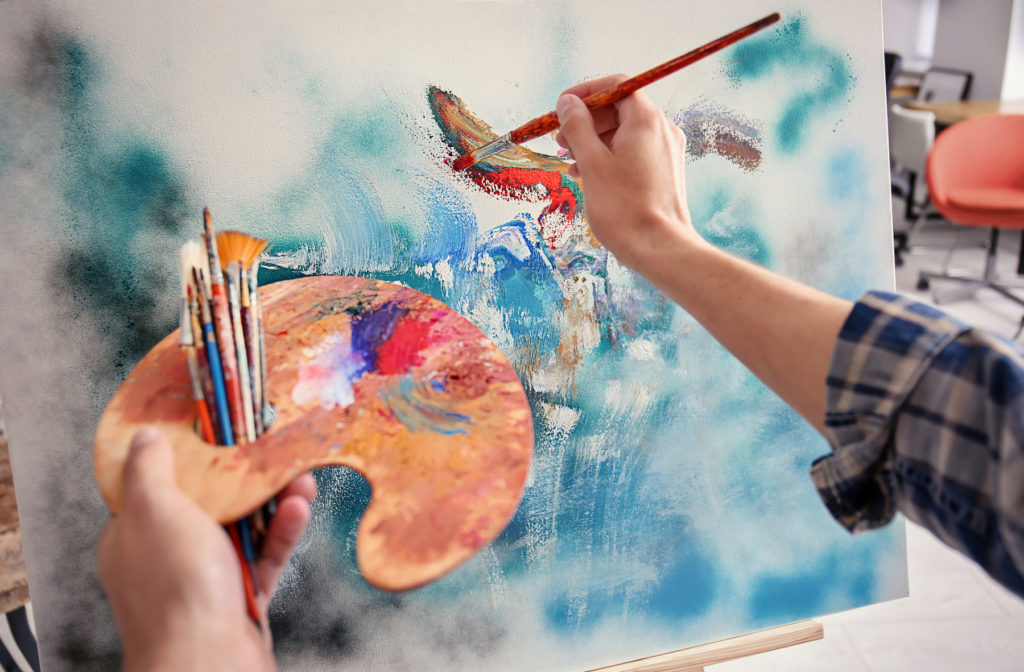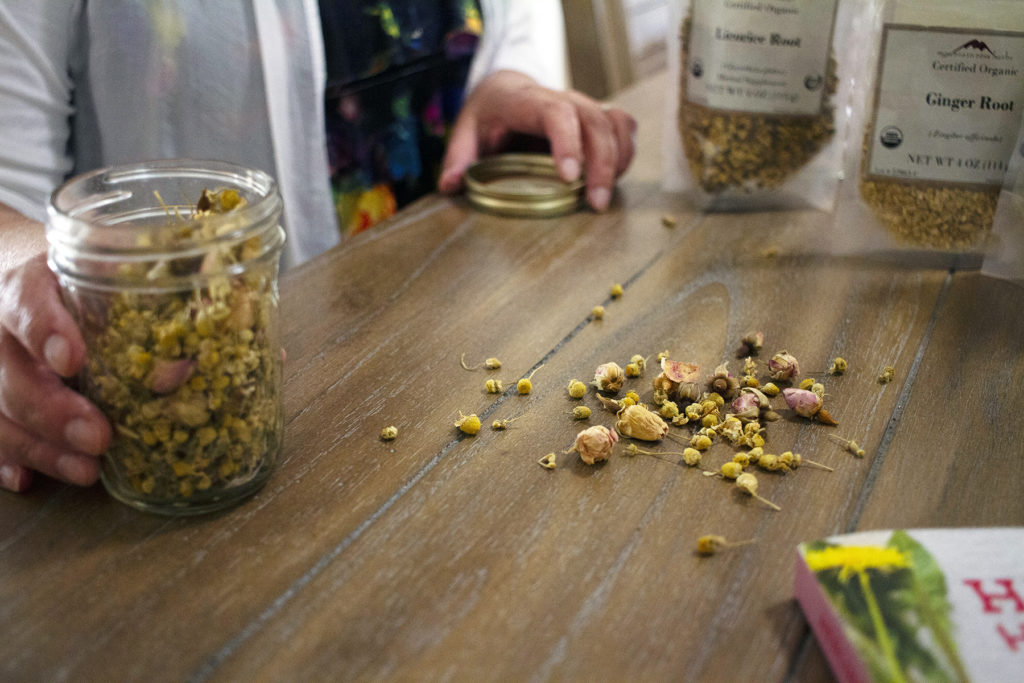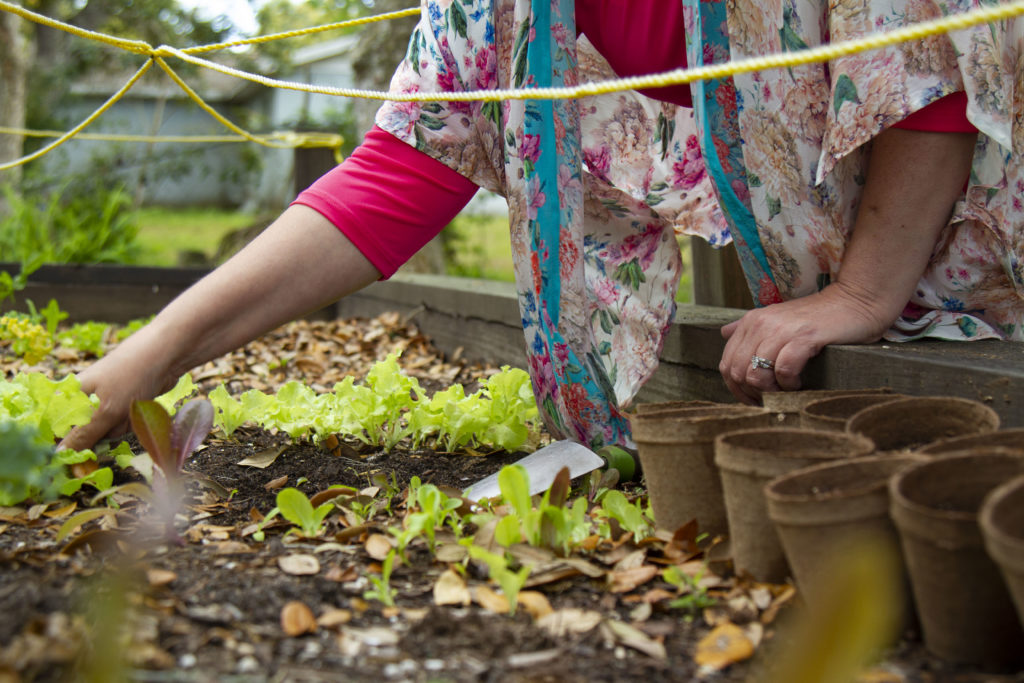Recently, I was on a group zoom call with a number of entrepreneurs. Every individual on this call is absolutely amazing. They are wonderful humans who lead their businesses with a sense of collaboration and compassion, and work to raise others up. At one point, the topic briefly turned towards ‘What are your favorite hobbies?”
I jumped right in. I love to work on my art, whether that’s working with chalks or paint. Playing my clarinet and piano give me joy. We’re now trying our hand at southern gardening. And I love to walk at the beach. I stopped short, even though several more hobbies were bubbling on the tip of my tongue, waiting to spill out. Hobbies such as trying new recipes with my husband, making time for deep, meaningful conversations, and making flower arrangements. I could have gone on and on.
To my great surprise, the common theme of the conversation was that though everyone would love to incorporate more hobbies, there just doesn’t seem to be enough time.

Is a Busy Life the Default?
This is when I realized how far I’ve come in creating and living a balanced life. It’s so easy, and so common, to get caught up in the busyness of life, that we forget to truly live. Our culture supports this busyness. I recently talked about how our ‘culture of hustle‘ is one of the three ways societal and cultural norms encourage stigma around chronic illness.
Yes, we want to make time for connecting with others. We want to be successful at our businesses and work, and we want to be there for our families and loved ones. But if we don’t take care of ourselves, ALL aspects of our well-being, we can’t fully show up in life and live our best life.

What Do Hobbies Have to do with Living a Balanced Life?
- Hobbies give us the opportunity to be creative, and this creativity feeds our ability to problem solve, in both business and personal life.
- Hobbies can be a form of rest and rejuvenation. Some hobbies, such as gardening or knitting, can be meditative in nature. This is why industries such as art and music therapy exist.
- Other hobbies, such as hiking or kayaking, support our physical wellness.
- Hobbies can also support our social and/or emotional well-being. Picture yourself cooking a meal with your kids, loved ones or friends and making an event of it. Instead of rushing through meal prep, you enjoy each other’s’ company, you work together, you discuss the events of your day or even your dreams. Instead of being a chore, these cooking times become a hobby that deepens your emotional and social connection.
- Your hobbies can cross into multiple areas of your well-being. For example, consider the act of making tea from herbs. In doing so, you engage in learning as you experiment with different blends, you support your physical wellness through the teas you create, and you can share your tea with a friend and enjoy good quality social time together. Add to the mix a great conversation, where you express yourself well beyond the basic formalities of small talk, and now you are also supporting your emotional well-being.
As you can see, hobbies do have a purpose in supporting your overall well-being.
The message I want to share is this. If you don’t slow down and take time to live fully now, life just might at some point make you take the time. As someone who’s been there, it’s not a fun transition. But you do have a choice. You can begin living a more balanced life today. Are you ready to incorporate more hobbies into your life? Give it a try! My guess is you’ll be surprised at how much a few hobbies will improve the quality of your life.


Comments are closed.